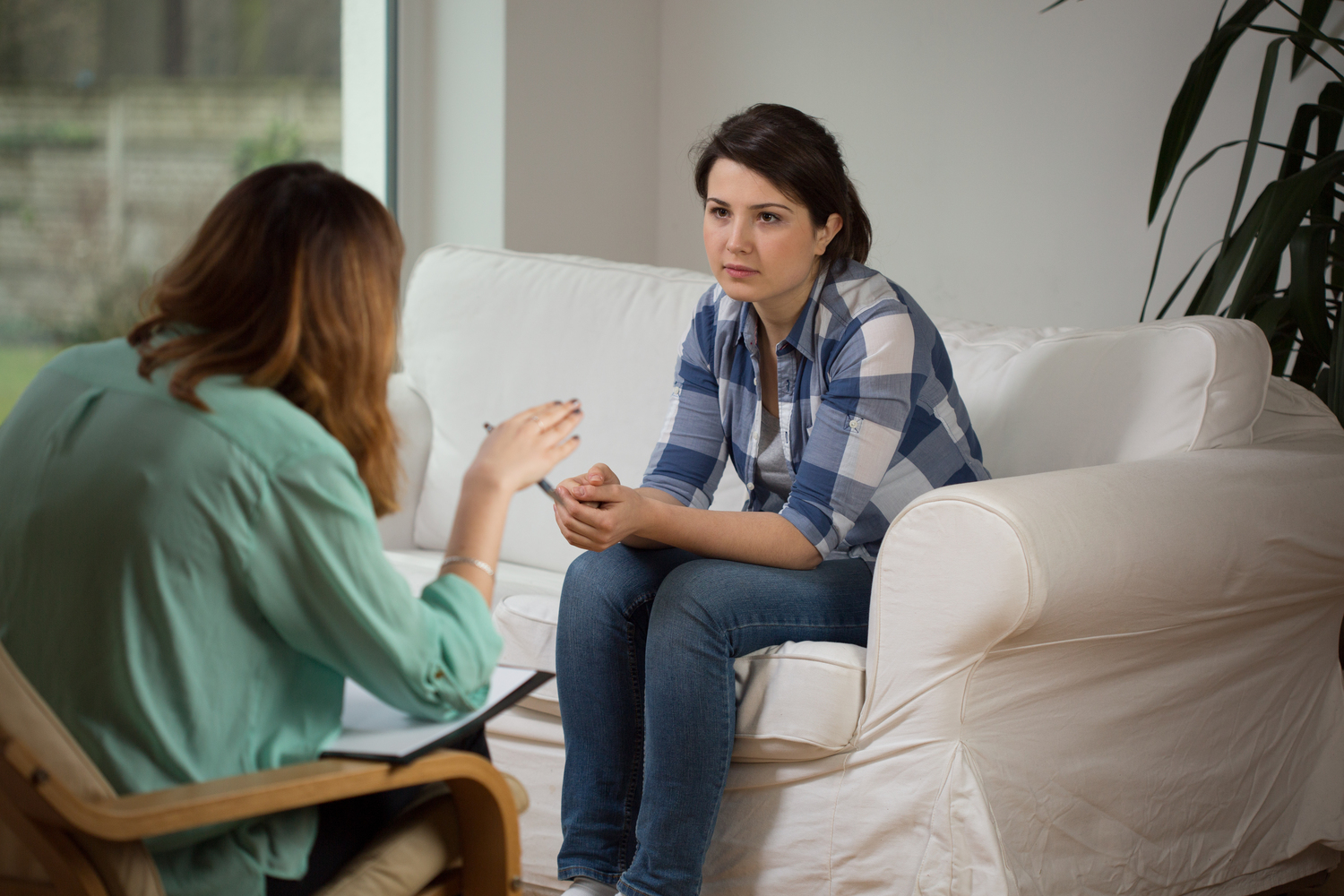
Essential checklist for the symptoms of anxiety
Quite often, the symptoms of anxiety disorders go unnoticed as they are not very prominent in the initial stages, but lack of treatment can cause these symptoms to worsen with time. It is natural for all of us to experience a certain level of anxiety at various points in life, but due to this, we tend to ignore the initial symptoms of anxiety disorders till we reach a point where the condition starts affecting our mental and physical health.
Anxiety is caused by a wide variety of factors. It is important to understand the triggers of this condition as it can help you cope with it.
If you are in doubt as to whether you have anxiety and whether or not it is having an impact on your life, you can refer to this checklist to analyze your situation or that of your friends and family. Note that this checklist cannot help you diagnose anxiety, but it can make you aware of whether your condition requires further medical attention. It is necessary to consult a doctor to get an accurate diagnosis and treatment. This checklist is based on the list of symptoms that are most common among people who have anxiety.
A checklist for the general symptoms of anxiety
Ask yourself these three questions and note whether you have been experiencing them over the last six months or on most days:
- Have you been constantly worried or paranoid most of the time?
- Have you found it difficult to stop worrying despite trying to calm yourself down?
- Have these worries impacted your everyday life and activities like your studies, work, and association with friends and family?
If your answer is a “yes” to all of these questions, then the next step is to ask yourself the following questions:
- Do you feel tired easily?
- Do you find it difficult to concentrate?
- Have you been very irritable of late?
- Have you felt like you are constantly on edge or are restless very often?
- Have you felt muscle pain in different parts of your body, like in the back or the jaws?
- Do you have issues with falling asleep or experience restless nights?
If your answer was yes for at least three of these questions, then consulting a doctor is essential. Only a doctor can help diagnose your condition accurately and suggest a suitable course of treatment.
People who are unsure about whether or not they have a mental health issue should reach out for professional help to ensure that they do not let their condition affect their overall health.
Anxiety is overwhelming and getting professional help can help you get to a better stage where you can function well and carry out your daily activities without emotional turmoil.


